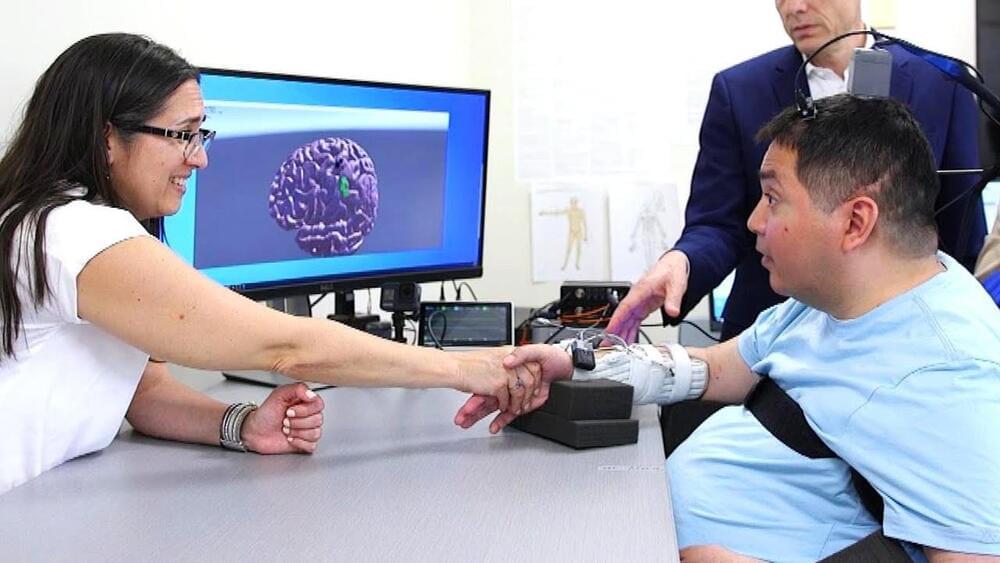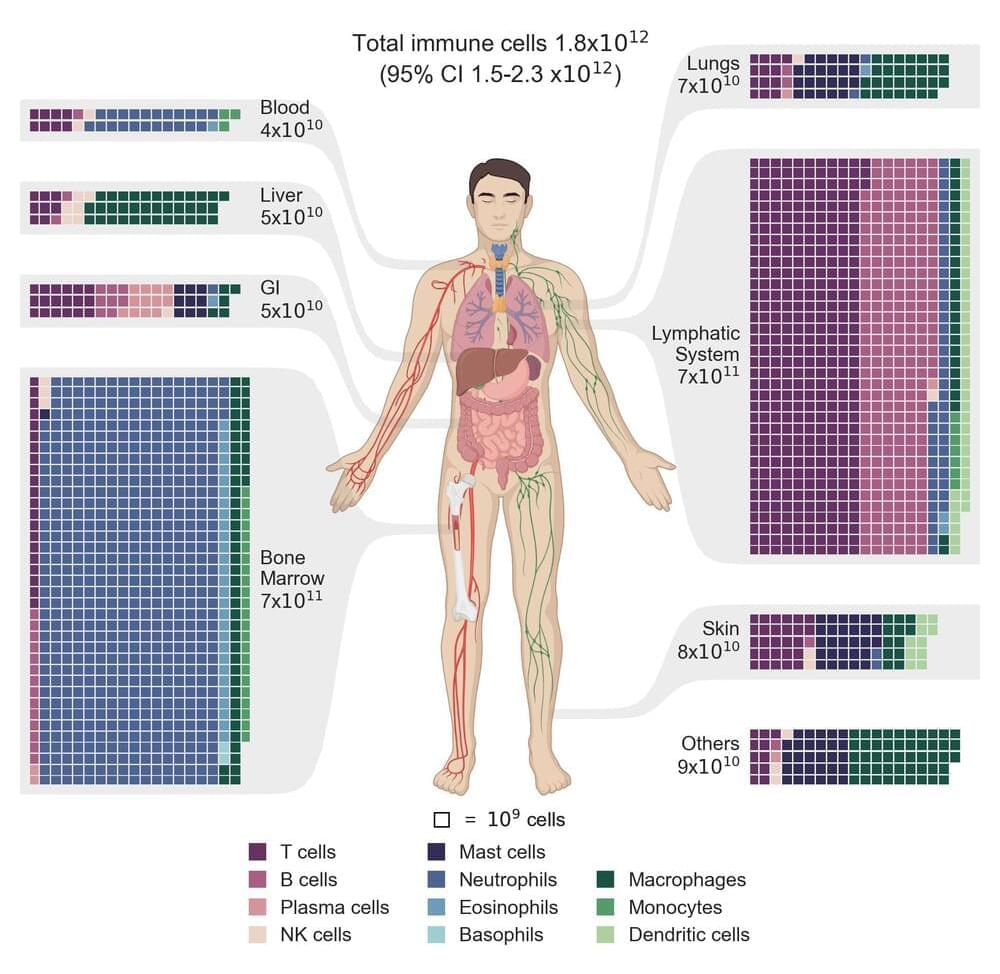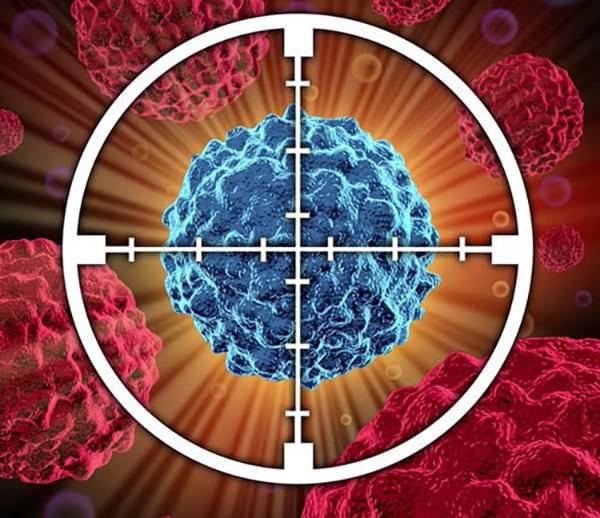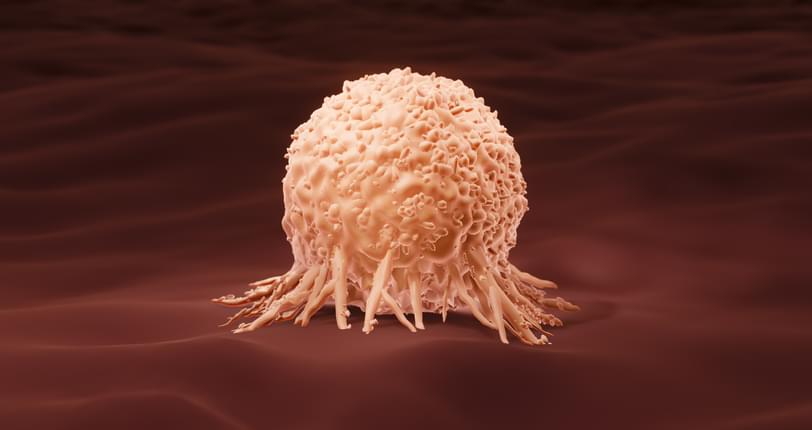Nov 3, 2023
Paralyzed Man Can Use Feel Again Thanks to Groundbreaking AI
Posted by Shubham Ghosh Roy in categories: biotech/medical, robotics/AI
In the summer of 2020, Keith Thomas dove into a swimming pool and became paralyzed from the chest down. He spent the next six months isolated in the hospital before joining a clinical medical trial that could make history for its use of groundbreaking Artificial Intelligence technology. Five chips were implanted into his brain which connects to a computer that can read his mind and send signals to parts of his body. Inside Edition Digital has more.


















